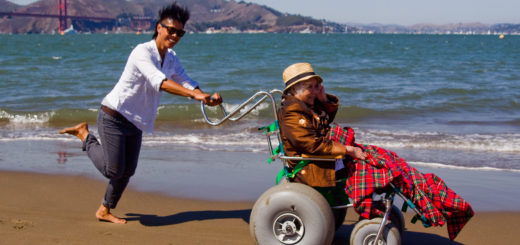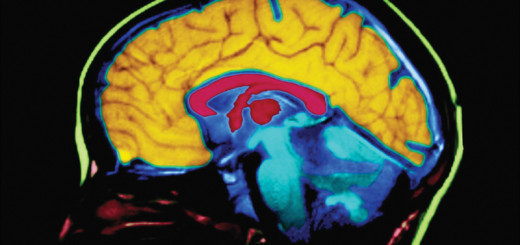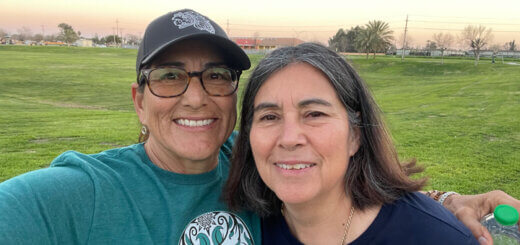Girl Scout promotes brain health to honor Grampy
In honor of her grandfather, Elizabeth W. of Piedmont chose to raise awareness about Alzheimer’s as her Girl Scout project. She has conducted community outreach, made a video on brain health tips, and shared her story for our blog. Thank you, Elizabeth, for being a champion in the movement to end Alzheimer’s.
By Elizabeth W.
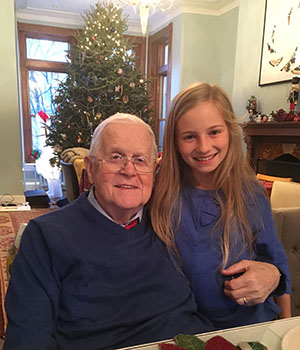
First memories of Grampy
I never really knew a time when things were different. I won’t ever remember what he was like before he was diagnosed with Alzheimer’s. I hear my mom talk about how he was a great cook and an even better father, and I always wonder what was he like when things were different.
My grandfather was diagnosed with Alzheimer’s disease when I was around five years old, but of course I don’t remember. He and my grandmother lived in Tucson, AZ when they found out. I have flashes of memories from Tucson like going to Dairy Queen, Grampy blowing out birthday candles, getting lost with my sisters while walking Grampy’s dog, and the smell of hot dusty air, but nothing more.
Moving to Washington, D.C.
Shortly after my grandfather was diagnosed with Alzheimer’s, they moved to Washington D.C. to live with my aunt and cousin. We saw them less often since they lived further away, just a few times a year around the holidays. When we did things as a family, Grampy often got very impatient, which is something my Mom said he never did before.
Over time, he remembers less and less, from where he left the dog’s leash, to sometimes even our names or who we are. We don’t see him as often, but we can all see him getting worse.
A move closer
A little over a year ago, my grandparents moved to an assisted living center in Missouri, which is only a few minutes away from another of my aunts. Now we visit more because we are able to travel there more easily. My mom flew out to help them with the move. When she returned home, she said that Grampy packed all his things up every night, wondering when they were going home.
The assisted living center is a nice place. My grandmother lives in an apartment, and my grandpa lives in the memory care unit just down the hall.
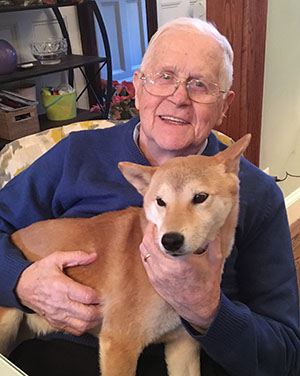
When I first visited Grampy’s room in the memory care unit, I almost cried. Walking through the common area where the residents sit and stare off into space, or watch the old black and white movies was heartbreaking. Many looked up as we passed, excited by young visitors.
We all tried to make Grampy’s room feel more personalized so that he would understand this was his new home. But even with all the family photos and artwork we put up, he still packs up his belongings every day. He is waiting to go back to a home that is no longer his, to see family members that are no longer living.
Alzheimer’s is a thief
Grampy’s condition is difficult for him to say the least, but it has also taken a large toll on everyone around him: me, my parents, siblings, cousins, aunts and uncles, but most of all, my grandmother. I cannot imagine watching the love of your life slowly fade away and become a different person altogether.
Seeing Grampy fade away is more than painful. It compares to a steady ache that makes you wonder, how did this happen? When did someone break in and rob him of his memories, and me of my time with him?
I guess that’s what Alzheimer’s disease is: a thief. It breaks in unnoticed and takes what is yours. It’s a criminal that cannot be tracked down and arrested; we can only wish that it were gone.
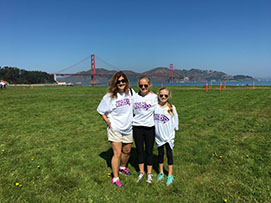
Making a difference
The whole disease has put so much stress on my family. It has changed us, along with my grandfather.
So, I wanted to help: not just Grampy, but others around me affected by this disease. This is the reason I started an awareness campaign in my community, to help others reduce their risk of developing the disease.
Originally when I looked at all the other blog posts, I felt inspired and amazed at all the people willing to help and share their stories. My immediate thought was: what makes me special enough to write this? What makes my sad story different than any other?
Most importantly, I questioned what impact my story would have on others. Through the drafting process, I came to the conclusion that it doesn’t matter how big of a splash you make. Every rock and pebble makes a difference. Just like rocks in a pond, we are all different, but with similar stories, and we are all in this pond together.
A focus on health
So, let’s end this together and start by living healthier lives. From living better to raising awareness, and advocating for more research funding, everything helps. If everyone pitches in, eventually we can end Alzheimer’s.
I wish everyone luck who is experiencing Alzheimer’s in any way, whether it is you or a loved one with the disease. Please watch my video on 10 ways to love your brain.
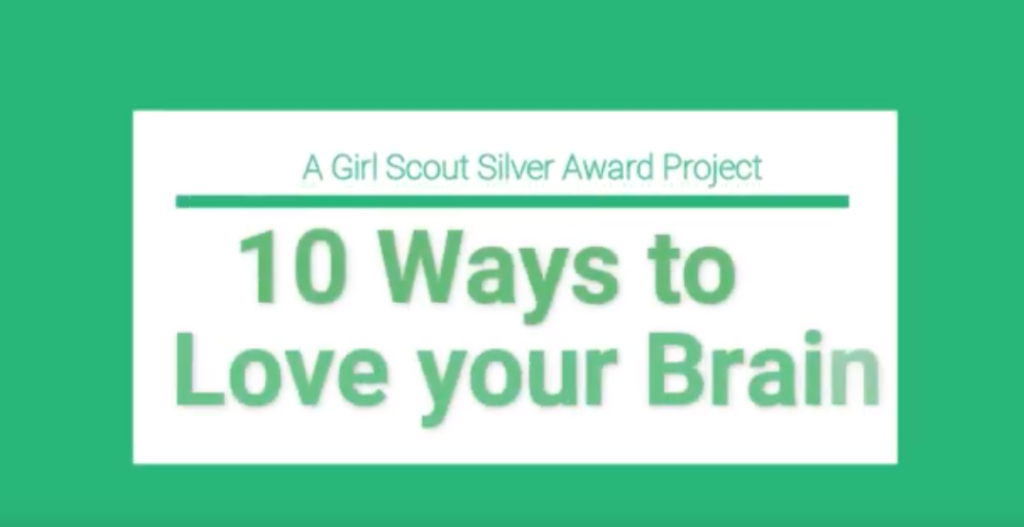
Learn More





